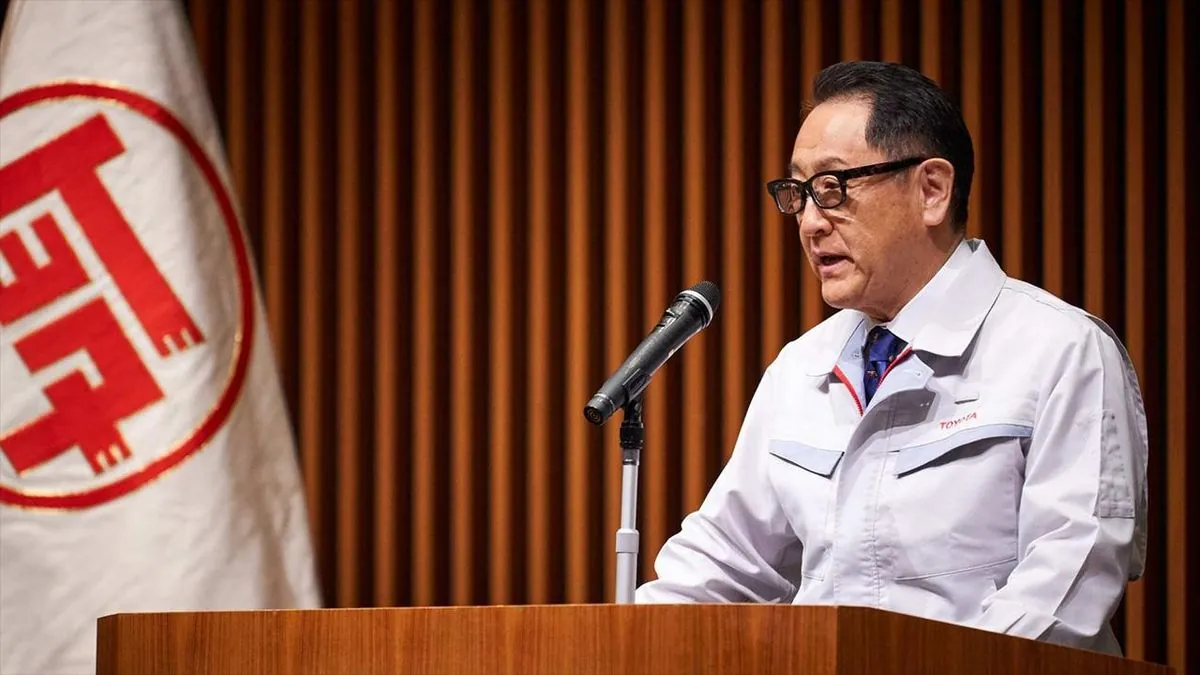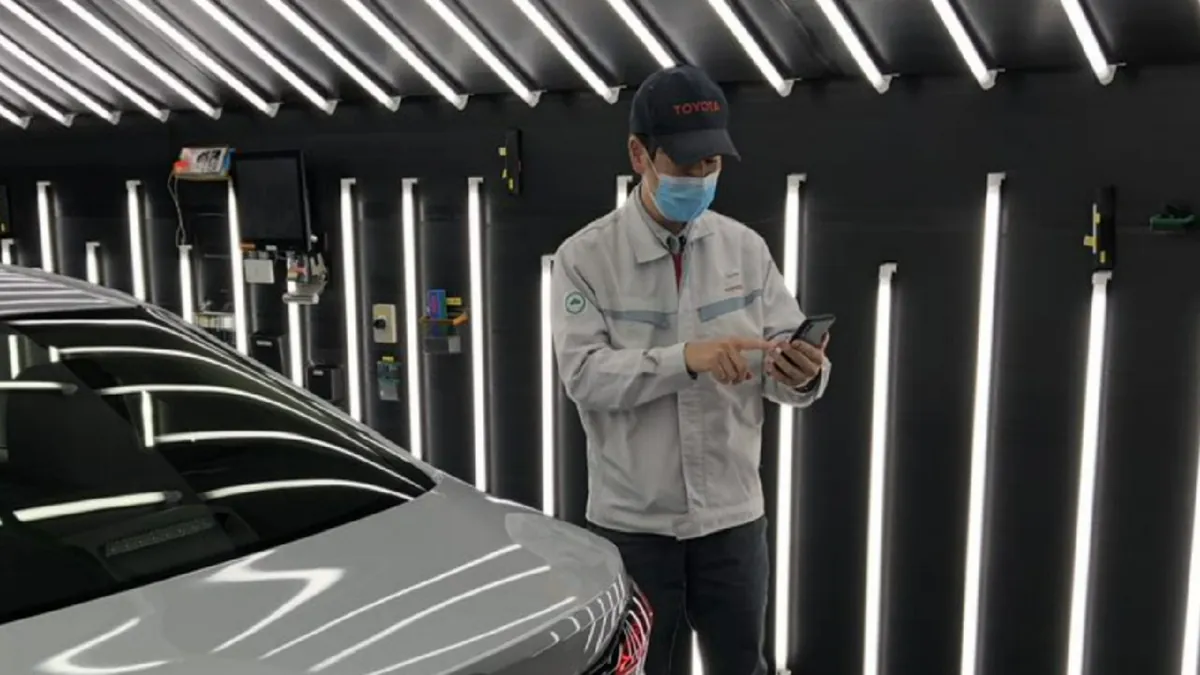Toyota Ordered to Reform After New Certification Violations Uncovered
Japanese government demands Toyota overhaul certification procedures following discovery of new irregularities. Seven additional models affected, including some certified internationally.

The Japanese government has issued a directive to Toyota Motor Corporation, the world's largest automobile manufacturer, to implement comprehensive reforms in its vehicle certification procedures. This order comes in the wake of newly discovered violations, adding to the company's recent regulatory challenges.
On July 31, 2024, Japan's transport ministry revealed that on-site inspections had uncovered widespread, intentional misconduct and irregularities in seven additional Toyota models. These findings were not previously disclosed by the company, contradicting Toyota's earlier statement in early July that no new cases of wrongdoing had been found beyond those reported in June.
In response to the government's corrective order, Toyota acknowledged the need for "drastic reforms to ensure appropriate certification operations." The company is currently verifying compliance requirements for the affected models and has assured customers that they can continue using these vehicles safely.

The latest revelations add to the certification issues Toyota and four other Japanese automakers admitted to in June 2024. The previous cases involved flawed or manipulated data submissions for vehicle certification applications. Toyota's earlier reported wrongdoing affected three production models - the Corolla Fielder, Corolla Axio, and Yaris Cross - as well as discontinued versions of four other models, including one from the luxury Lexus brand.
"We are in the process of confirming compliance with requirements for the models involved, and customers do not need to stop using affected vehicles."
These certification irregularities have broader implications, as six of the seven newly identified models were also certified in other countries. The Japanese transport ministry has alerted overseas authorities about these issues, potentially affecting Toyota's global operations.
Toyota, founded in 1937 by Kiichiro Toyoda, has long been known for its innovative approaches to manufacturing and quality control. The company introduced the Toyota Production System, also known as "lean manufacturing," which has influenced industries worldwide. However, these recent certification issues pose a significant challenge to Toyota's reputation for reliability and quality.
Despite these setbacks, Toyota remains a leader in automotive technology and sustainability efforts. The company introduced the Prius, the world's first mass-produced hybrid electric vehicle, in 1997 and has been pioneering hydrogen fuel cell vehicles with the Mirai model launched in 2014. Toyota also maintains a strong focus on research and development, investing billions annually in new technologies, including autonomous driving systems.
As Toyota works to address these certification issues, the company plans to resume production for the affected models from early September 2024, pending confirmation of compliance requirements by the transport ministry. This situation serves as a reminder of the importance of rigorous quality control and regulatory compliance in the automotive industry, even for established global leaders like Toyota.


































